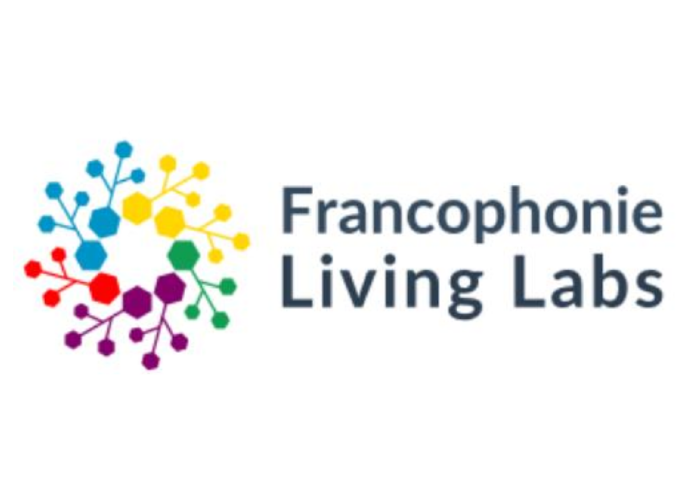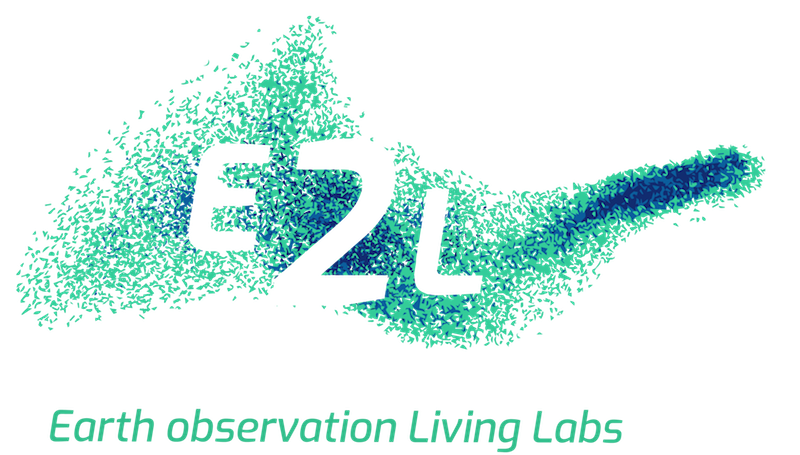Between Space, Research and Society, …
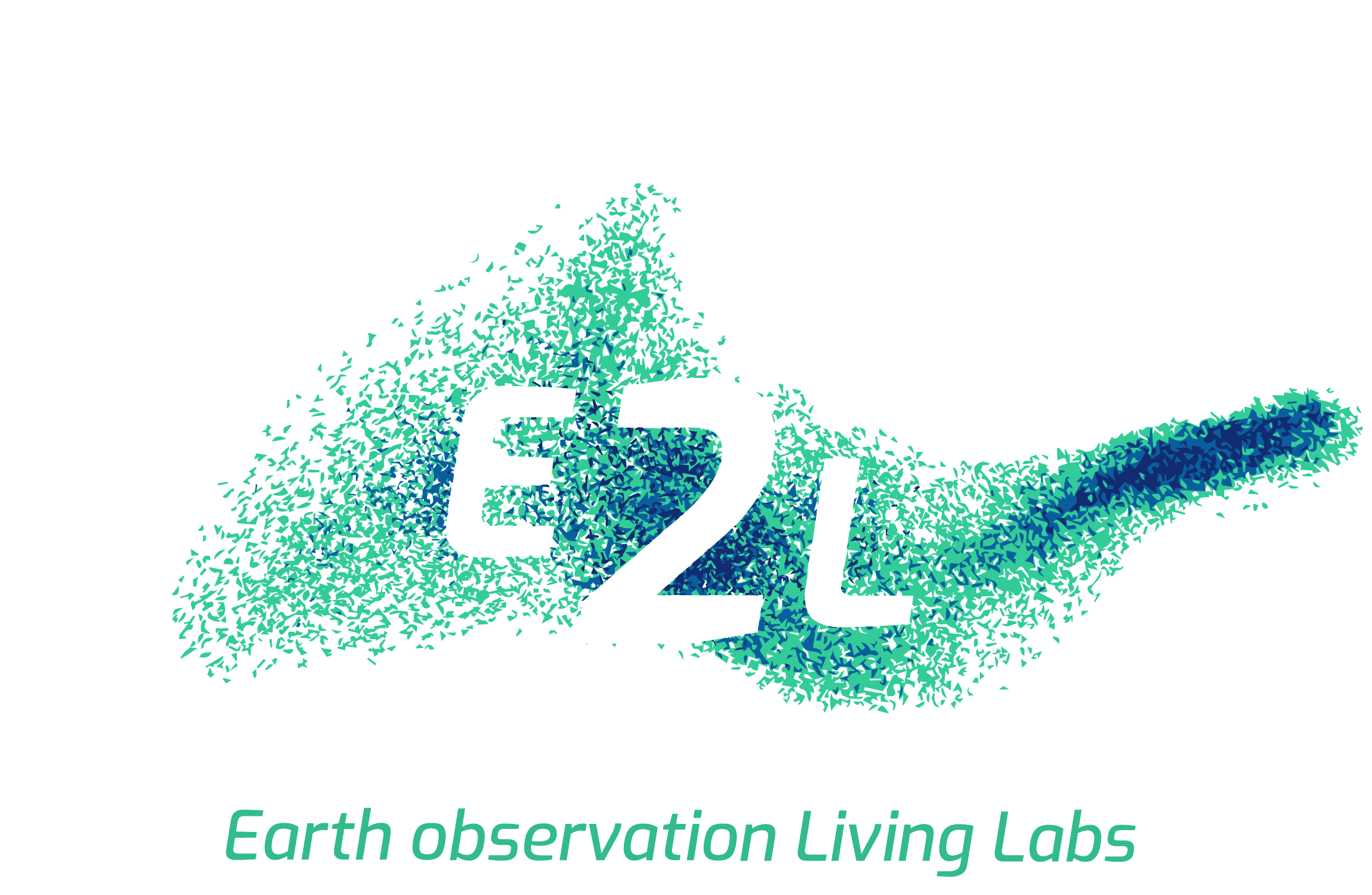
E2L is a SME company, with the legal status of Cooperative (SCOP). E2L is located in Toulouse, France. In 2011, E2L was established at the initiative of CESBIO laboratory research scientists and the Aida consulting firm staff.
Its 3 purposes are :
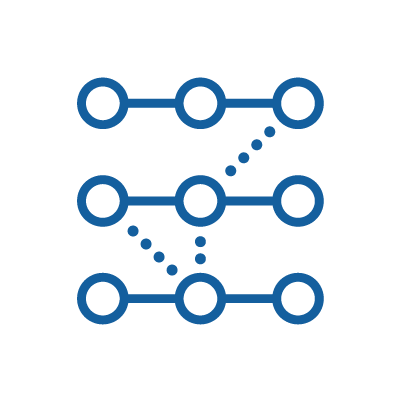

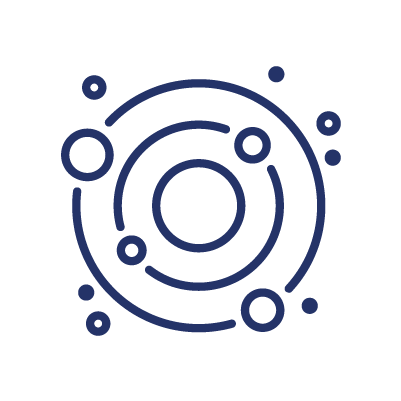
Co-design of new services exploiting Earth observation satellite data.
The valuation of methods and know-how in remote sensing fields.
The invention of new methods to support public research actors in their new roles in support of economic and social innovation.

Service design : Open innovation process
Co-design of new services exploiting Earth observation satellite data. The service design task focuses on the issues and needs of users. The singularity of the proposed approach is based on the involvement beyond the expression of the needs of the users' expertise to contribute to the design of the services intended for them.
The phases of the process have been explored in projects like RITA. Very schematically, the first phase consists in identifying with the users the issues of their activities, theirs needs and its conditions of their satisfaction. The second phase defines a model and a framework to setup experimentation. The third phase is the experimentation itself and the development of a service prototype. The fourth phase takes stock of the experimentation of the new service and if necessary envisages the operational implementation.

Through its different contexts of intervention, E2L aims to reveal areas of application of Earth observation data by satellite. E2L organizes the involvement of research expertise and reveals the usefulness of its work by organizing the interactions with users through open design processes in different areas :
- Territorial management of water
- Evolution of agricultural practices
- Ecological transition of territorial policies.
E2L's expertise is based on its historical links with CESBIO and its ability to incorporate the skills of other scientific disciplines to contribute to project in collaboration with economic actors and / or public institutions.
This logic led E2L to develop a capacity to create WEB GIS tools capable of exploiting remote sensing space products but also aiming to be the support of the open design process.

Supporting different dynamics of innovation
E2L does not position itself in a linear vision of the transfer, from the "knowing" to the "profane". The singular role of SCOP is to integrate into research projects, through Living Lab mode, a process of revelation of the usefulness of scientific knowledge in remote sensing space that contributes to meet research challenges and raises sometimes new scientific questions.
In this process E2L facilitates the "service design" approach. The staff of E2L, multidisciplinary team (sociology, design, remote sensing, GIS, Web ...) and expertise support provided by the CESBIO and other laboratories, are the guarantors of a design at the highest level of the state art. Laboratories get a clear picture of downstream needs that they can turn into research questions.


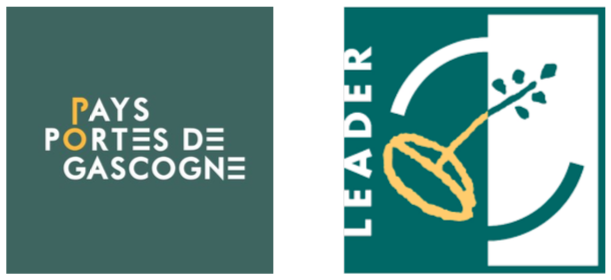
This is how they helped local authorities in Occitanie to propose and implement the "Space Technology Experimentation and Application Center" (PATS) in the area of the Gers region, selected as a Hub of rural excellence supported by the French government.
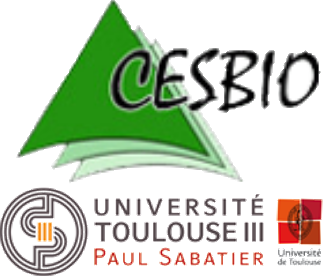
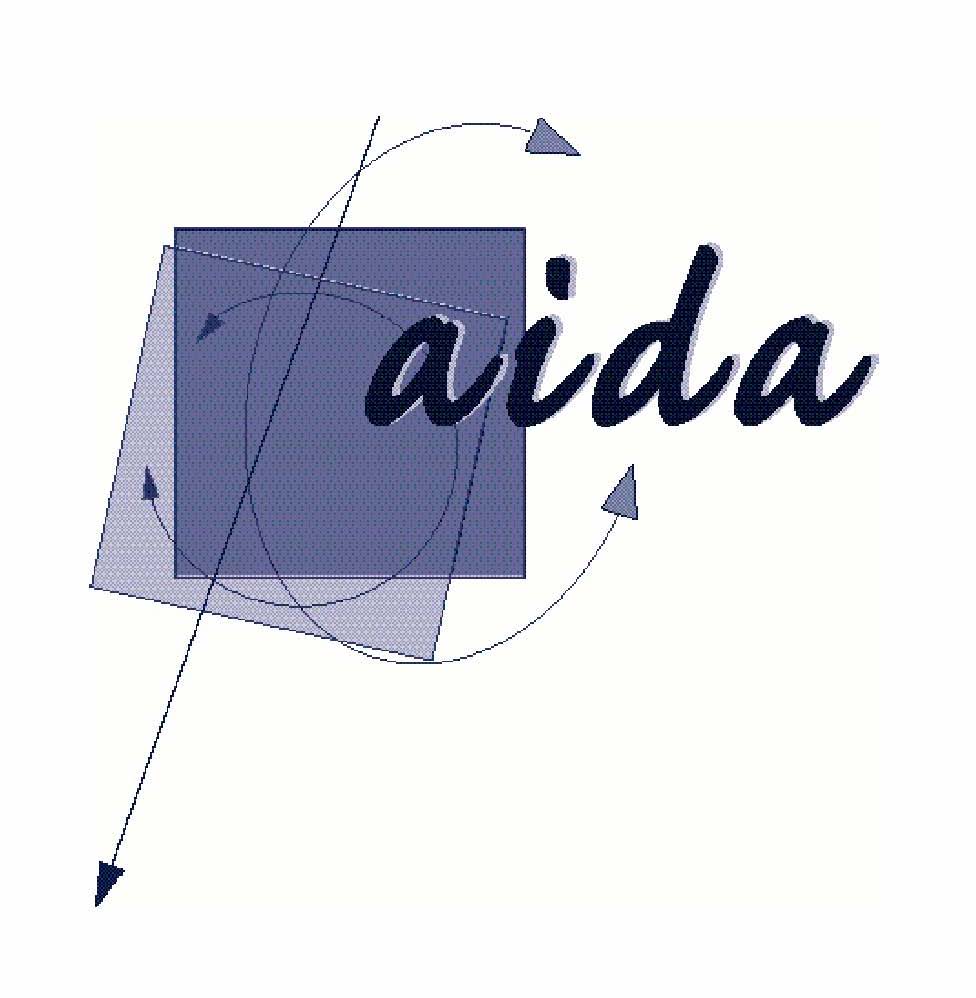
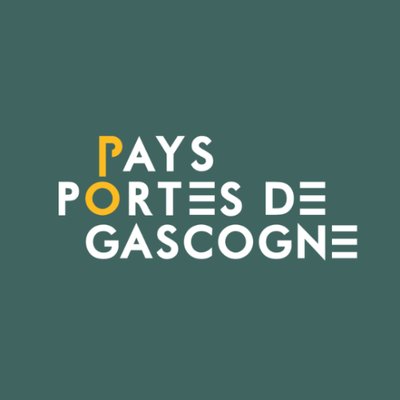
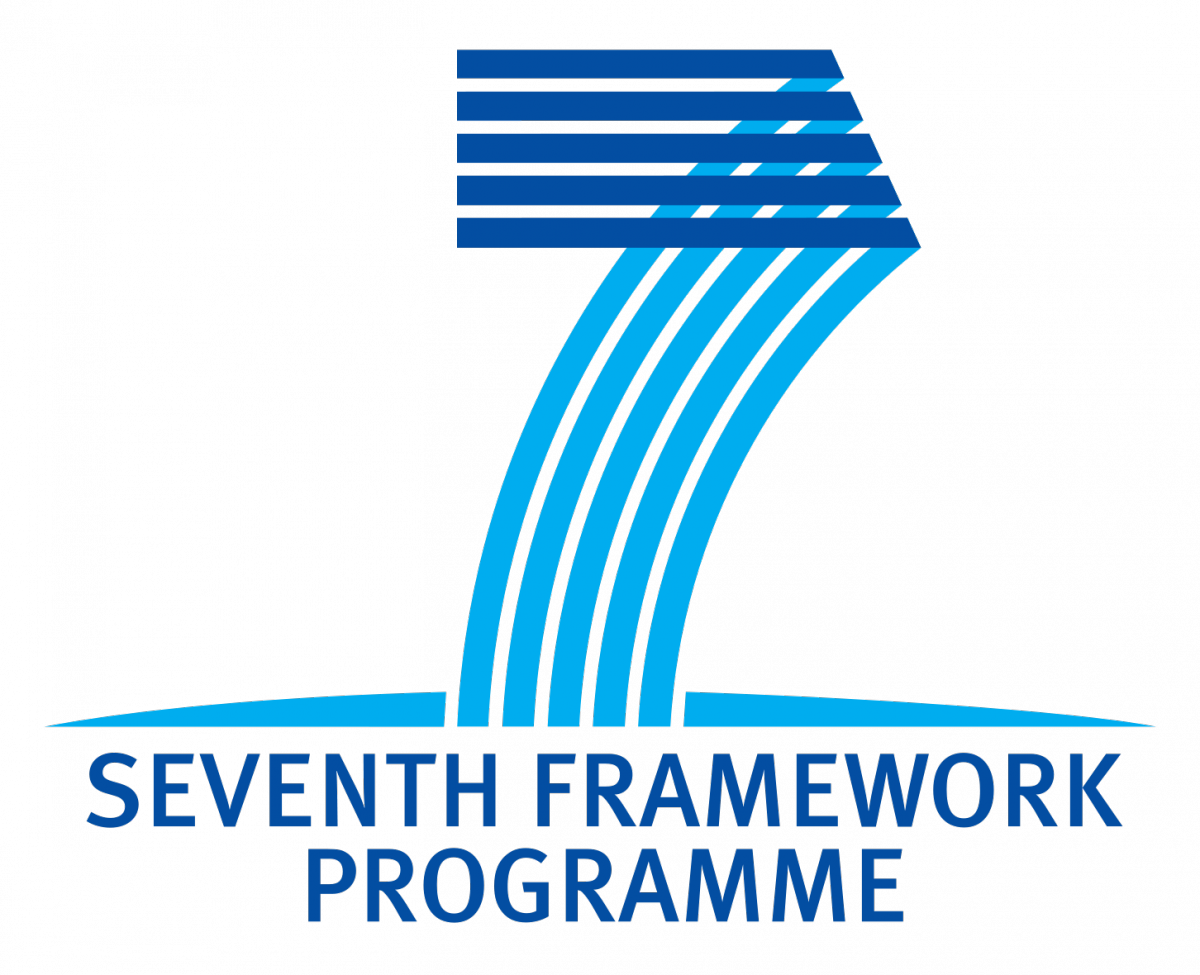
CESBIO and Aida then organized and facilitated several collaborative projects implementing the principles of co-building services with users (intermediate crops, assessment of the agronomic quality of land, spatial planning). This joint approach has led to the development of an approach that places future users in the position of co-designer. This process aims to secure the commercial dimension of projects by not imposing a cultural or ergonomic framework on potential customers but on the contrary by reacting to the understanding of their practices. SCOP E2L was born from this experience and also from the observation that the CESBIO did not have the mission or the capacity to answer all the requests of transfer of know-how emanating from industrialists or public services.
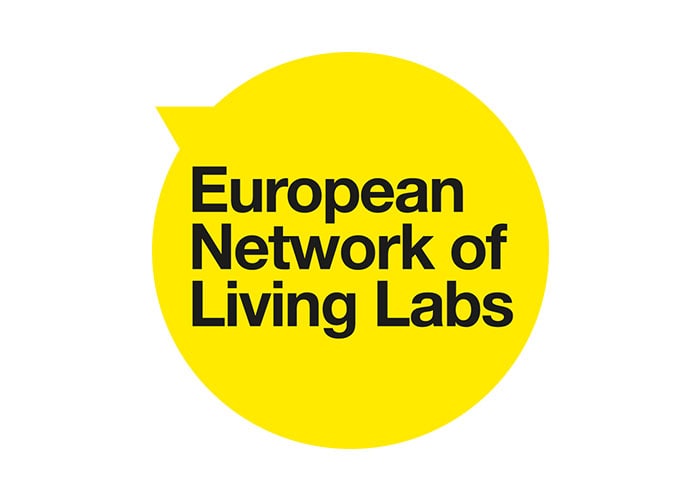
labelled ENoLL since 2013
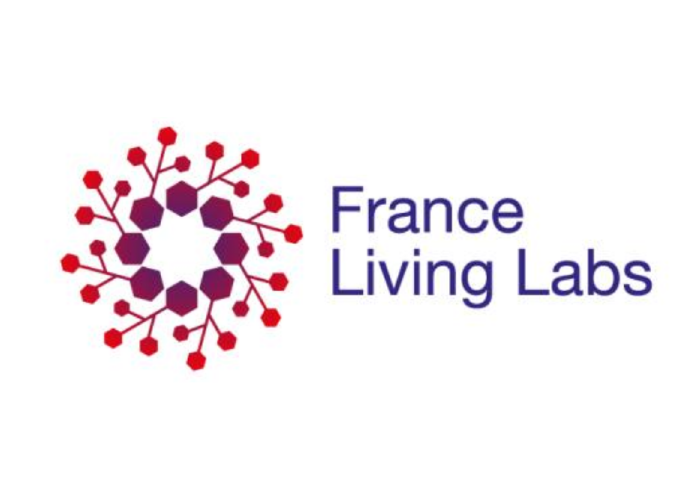
Active member of the France Living Lab association
